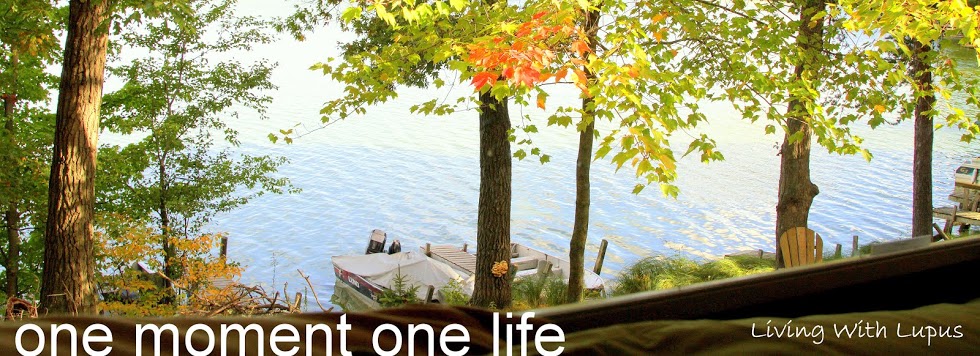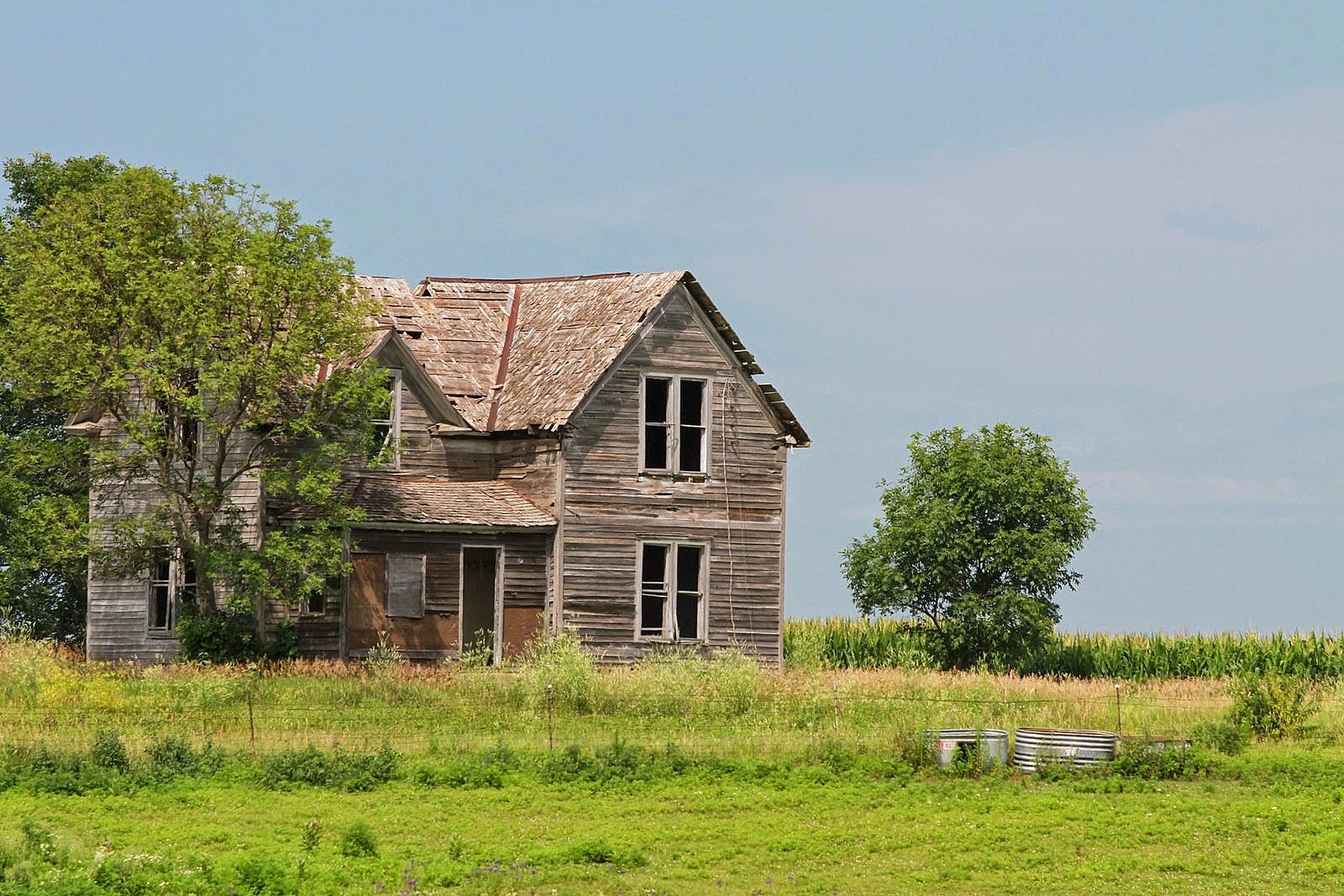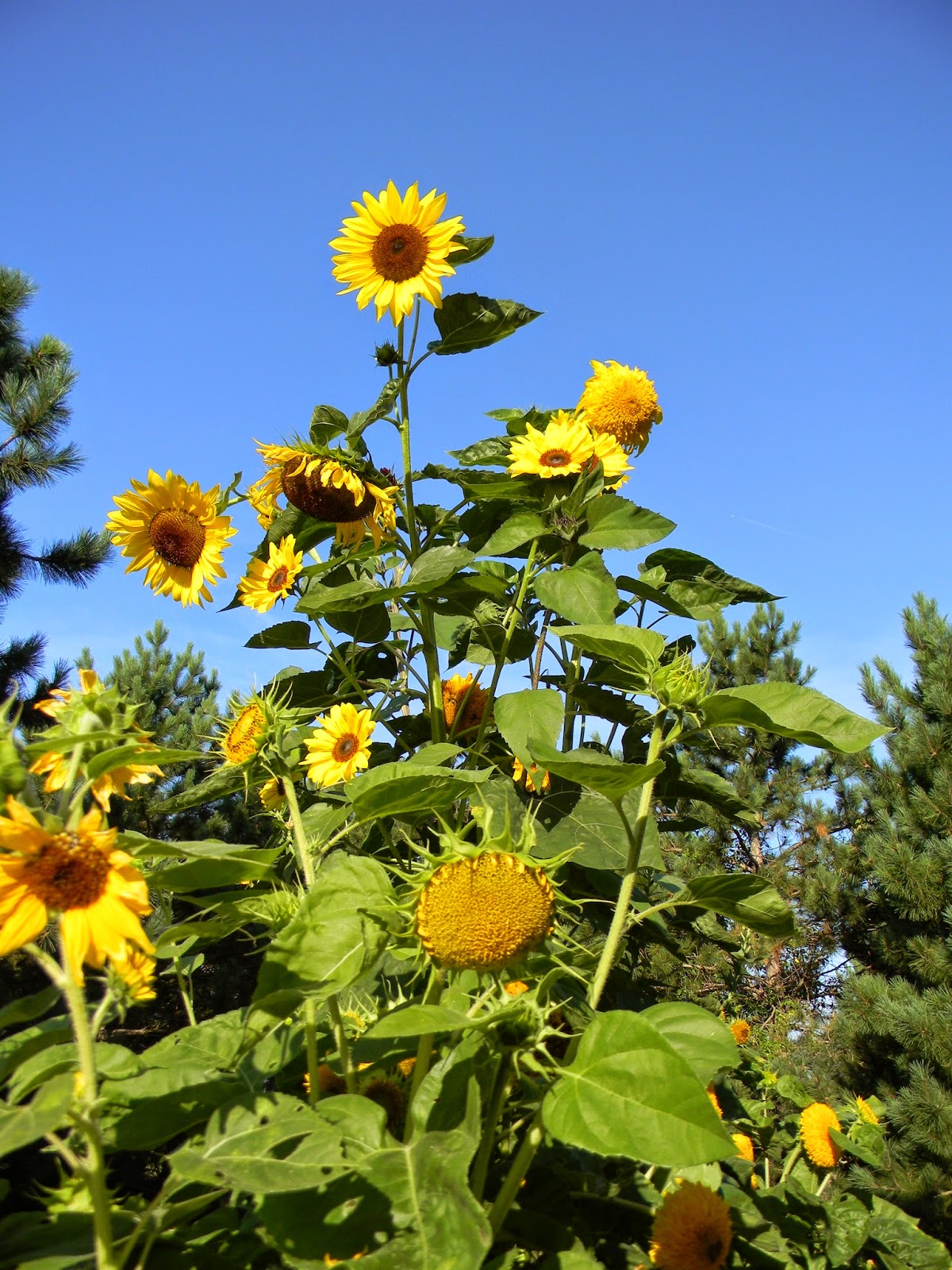
|
| My sunflowers! |
Who made the world?
Who made the swan, and the black bear?
Who made the grasshopper?
This grasshopper, I mean-
the one who has flung herself out of the grass,
the one who is eating sugar out of my hand,
who is moving her jaws back and forth instead of up and down-
who is gazing around with her enormous and complicated eyes.
Now she lifts her pale forearms and thoroughly washes her face.
Now she snaps her wings open, and floats away.
I don't know exactly what a prayer is.
I do know how to pay attention, how to fall down
into the grass, how to kneel down in the grass,
how to be idle and blessed, how to stroll through the fields,
which is what I have been doing all day.
Tell me, what else should I have done?
Doesn't everything die at last, and too soon?
Tell me, what is it you plan to do
with your one wild and precious life?
~ Mary Oliver
“So, what do you do?”
I’ve never really liked that question. Even in my “un-sick” years, this question has always carried a sort of responsibility that made me uncomfortable. Even in those years when I loved what I was doing, when I was at “the top of my game”, when asked this question I felt the need to make the answer sound good. I had my spiel. What I did was a bit complicated to explain, so my sales pitch carried with it just the right amount of verbiage to make it understandable, yet sound like I had
arrived.
I always envied those who could get it over with in three words. “I’m a doctor.” “I’m the President.” I’m fairly certain my own personal baggage in regards to feeling not educated enough played a pretty strong role in my career
quantephobia, but I do believe it’s a question that makes even a brain surgeon a bit edgy. It feels like a “set-up” question. We all have our preconceived notions (albeit more a reflection of our media sources than actual reality!) about the various professions. So there arises in us something in between a defensive guarding and the upholding of ego. For me, as I look back now, I think it was a little bit of both.
Why do we ask this question? And why do we ask it so quickly? If I think to what my conversations are like with people I have just been introduced to, I would say that it gets asked within the first five minutes, almost without fail. If we are truly trying to get to know someone, is asking them what they
do
for a living really one of the top questions? It makes me feel like I’m in the beginning stages of Milton Bradley’s Guess Who. Have kids, don’t have kids? Have a house, don’t have a house? Went to college, didn’t go to college? Married, not married? And the questions continue until we tuck one another tightly into convenient roles in our minds. Okay, it’s not always that bad. And I don’t mean to sound cynical, but just think about it for a bit. Why do we do what we do? Why do we ask what we ask? Why do we think what we think? It’s good to stop and “think about the thinker” sometimes. Like Socrates says, “the unexamined life is not worth living”. Why?
When I woke up this morning, for whatever reason, I felt extremely unsatisfied. This happens sometimes. What am I
doing
with my life? I’ve gotten much better at not letting this little demon have a voice in my head, but there are just those days. I think we all have them, but for the chronically ill, disabled, it’s a haunting question mixed with a heavy dose of grief and guilt. It sneaks into my mind when I least expect it. Especially when I’m tired or more sick than usual. And especially during the winter when I am more home bound. Its companions - judgement and comparison - usually tag along. Actually, when I think about it, they arrive first, quietly through the back door.
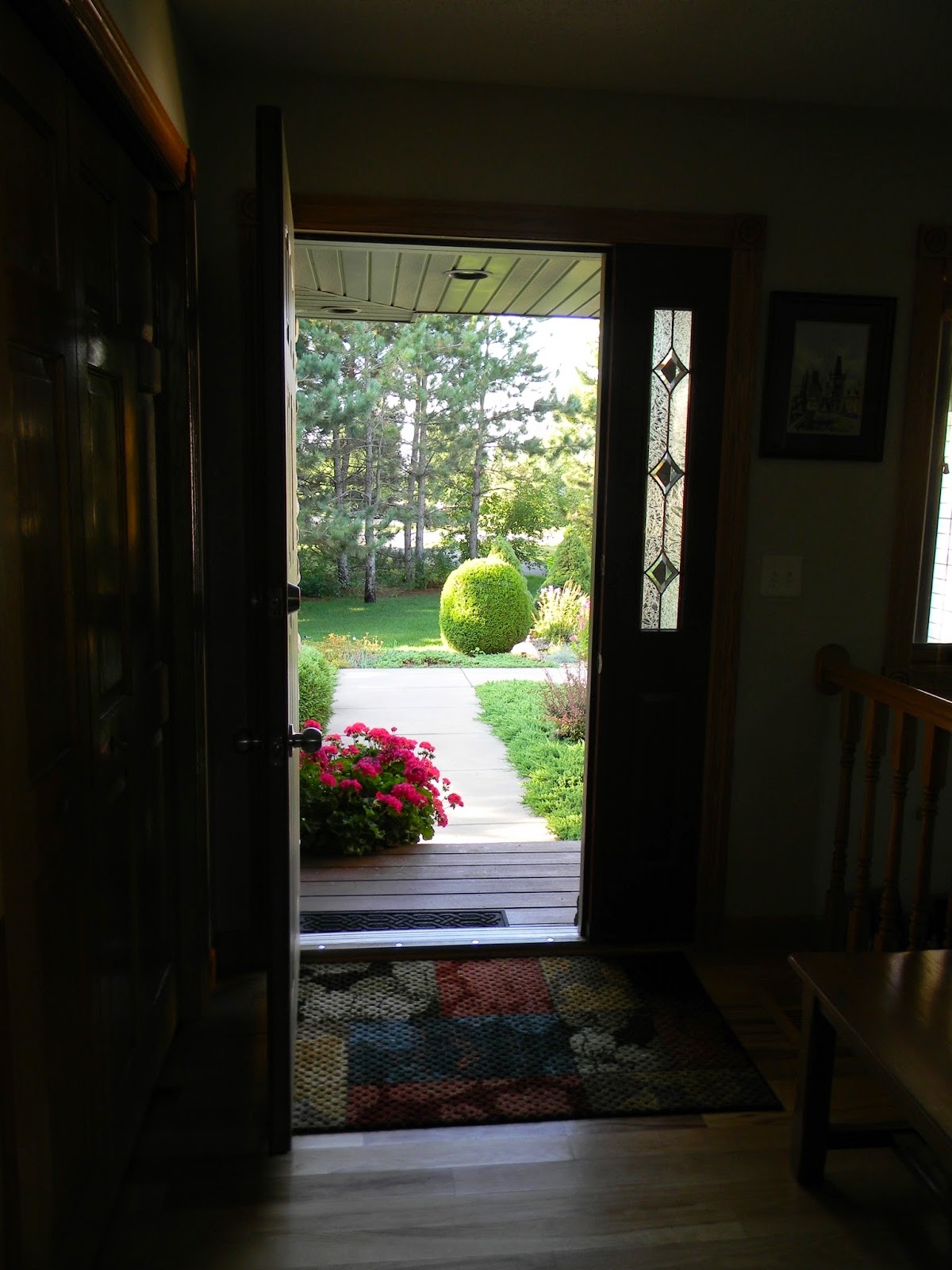
|
| Gratitude is much friendlier visitor! |
I don’t think that
this
is what it’s all about. Life, I mean. When Mary Oliver asks, “Tell me, what is it you plan to do with your one wild and precious life?”, I don’t think she’s asking what our career choice is. I really don’t. I think it’s bigger than that. I think it’s much less tangible than that. I think it has far more to do with the size of our hearts than with the size of our bank accounts or the houses we live in. Discontentment is a relentless debt collector. As long as we continue to borrow our self esteem from others (or other things), discontentment will keep knocking at our door.
I had
another
lovely conversation with my health psychologist at the U of MN last week. I’ve been seeing her for the past four years and I have yet to walk out of her office without having become a stronger women for it. We were talking about our desire as human beings to find solid ground. We love security. The problem being that security is only an illusion, and that the key is being able to love the shakiness of it all. To learn to live with un-solid ground, for in fact, nothing stays the same. The essence of life itself being
change
. That got me thinking about my need for answers. Answers are the solid ground we hope to find. Whether it be in regards to ourselves or in regards to others. Answers give us the illusion of control. Can you see the problem here? The minute we think we own something, it’s loss creates a tremendous amount of suffering for us! From something as insignificant as “I finally spent a lot of money on sunglasses and now they’re gone!’ to “I thought I knew who you were and now you’re gone!”
I’m not saying that the key to life is to live so unaffected that we become numb. Quite the opposite! I just think that we are missing the boat if we think the answers are what bring us happiness. Think of all the great scientists and inventors throughout time. What inspired them? Think of all the great painters standing in front of blank canvases. It was the questions of what
could be
that moved that first stroke, that mixed that first color, that began that first journey. These days of unknowing, these spaces we desperately want to fill with
something
, can be beautiful, beautiful days. Don’t think for one second that they are moments stuck in time. All things change. This moment you and I are in is moving us
somewhere
. The manner in which we move with it will greatly impact the direction we go. Rilke could not say it any more gracefully,
Towards all that is unsolved in your heart
Be patient
Try to love the questions
Do not seek the answers
which cannot be given
you would not be able to live them
Live everything
Live the questions now
you will then gradually,
without noticing it,
Live into the answers
Some distant day.
~Rilke
I think that when asked, “What is it that you do?”, I’m going to work at making my response a verb instead of a noun. I suppose, to get it over with, I’ll still have to say something like, “I’m currently disabled”, because, well, I currently am. But this disability has given me a tremendous opportunity. The opportunity to slow down, to learn every day how to “let go” and how to live beautifully on shaky ground.
I don't know exactly what a prayer is.
I do know how to pay attention, how to fall down
into the grass, how to kneel down in the grass,
how to be idle and blessed, how to stroll through the fields,
which is what I have been doing all day.
Tell me, what else should I have done?
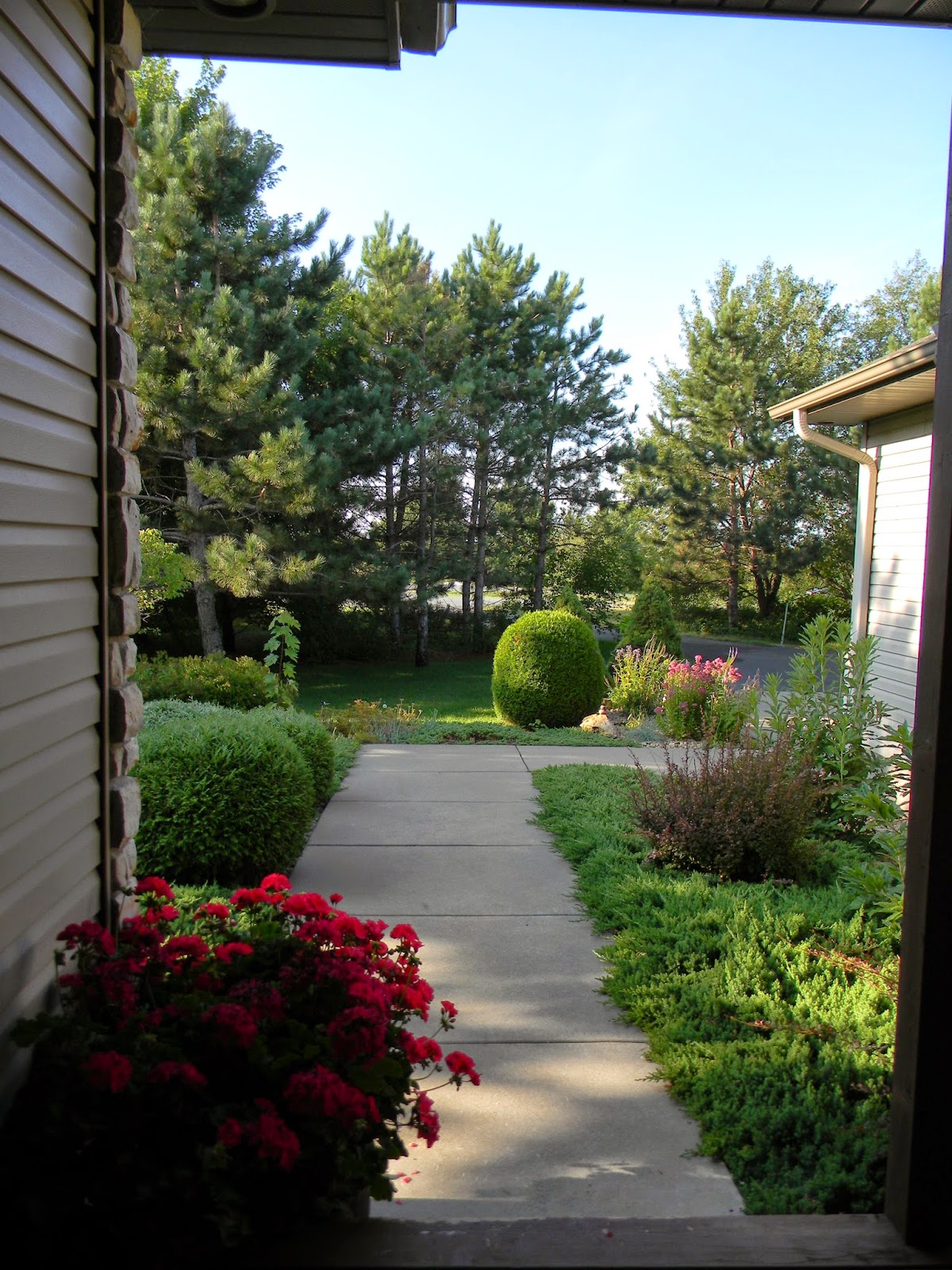
|
| Today I opened my door and walked out... |
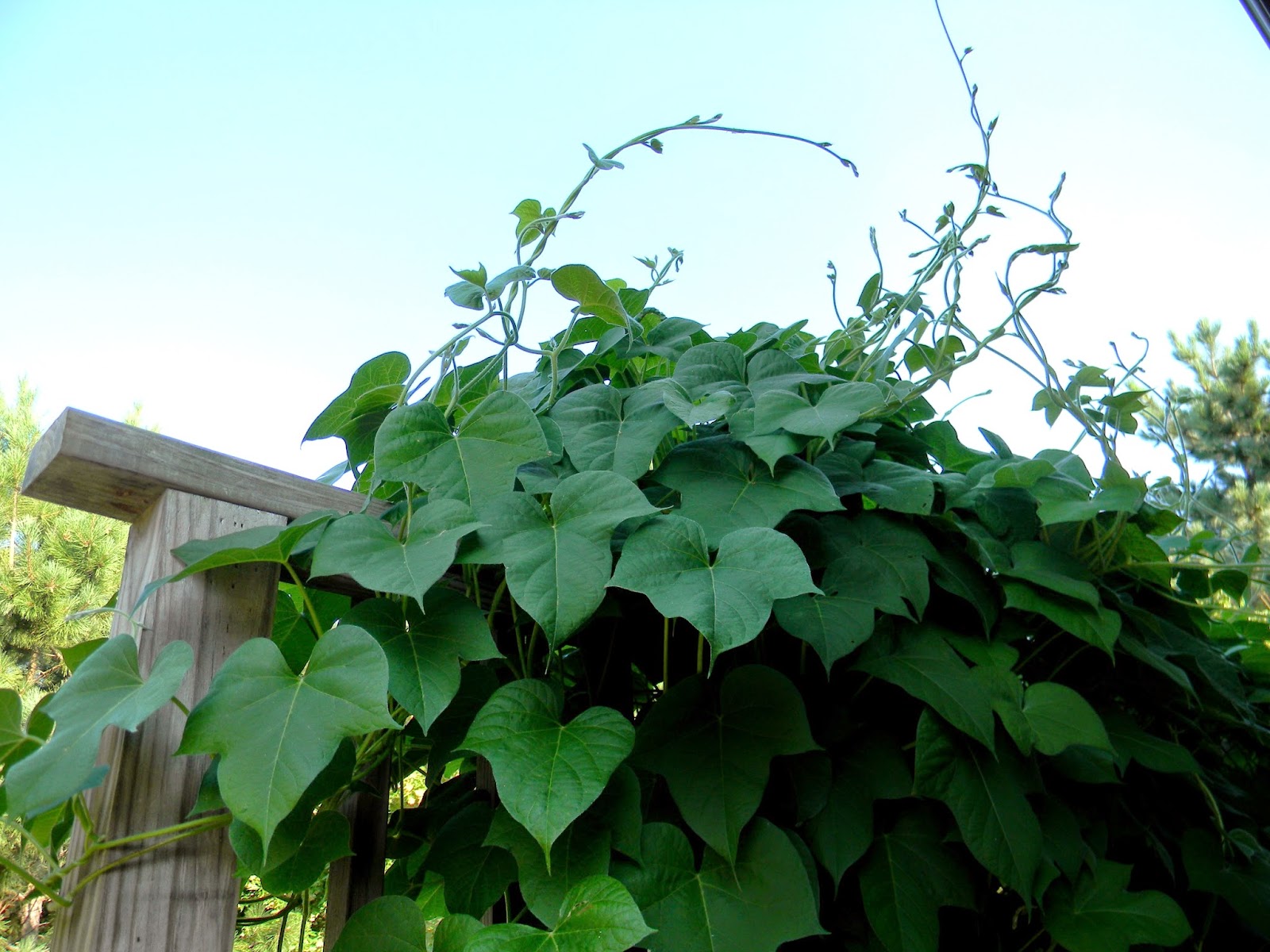
|
| Green surrounded me. |
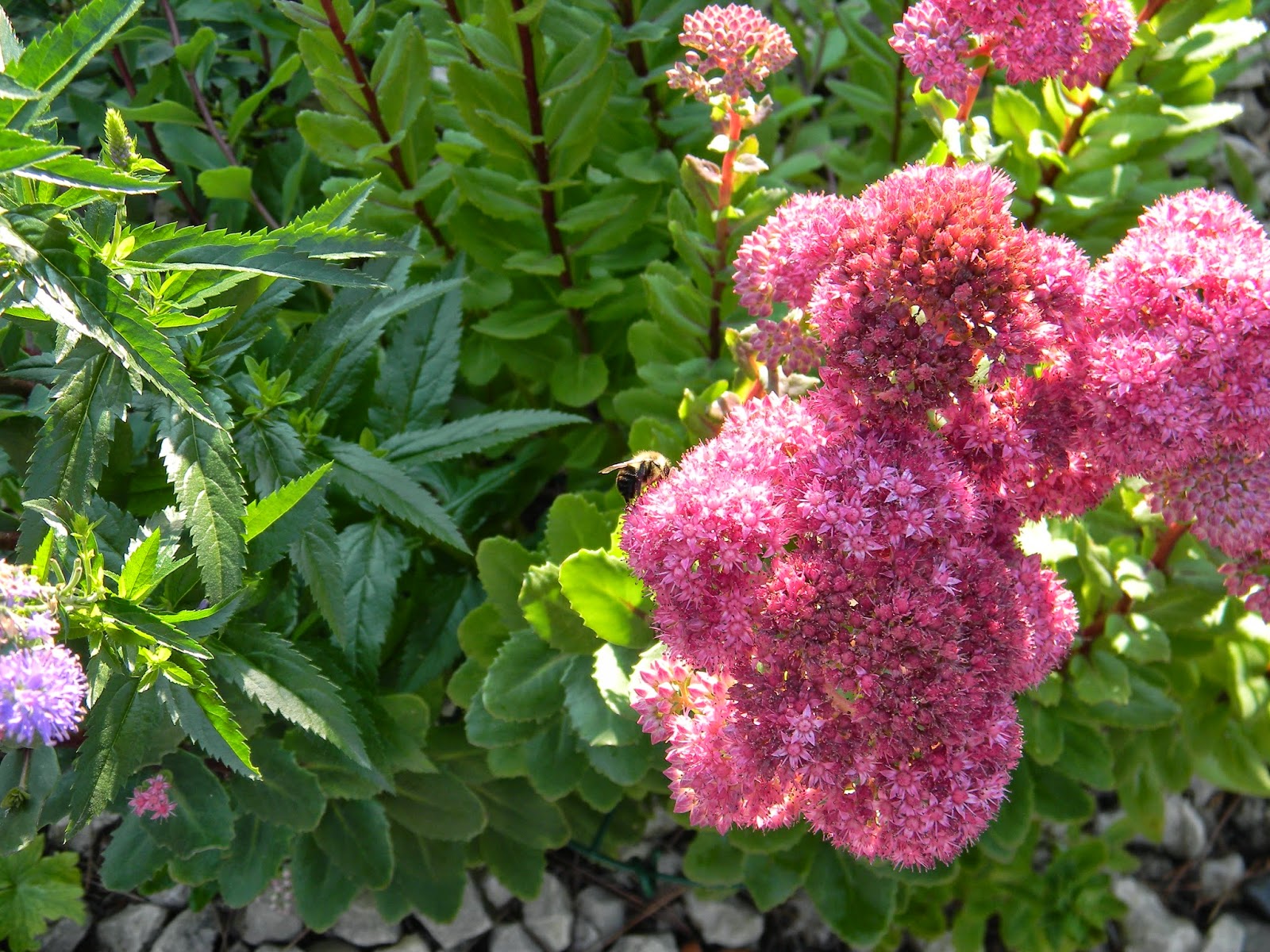
|
| Bee-ing okay with things just as they are. |
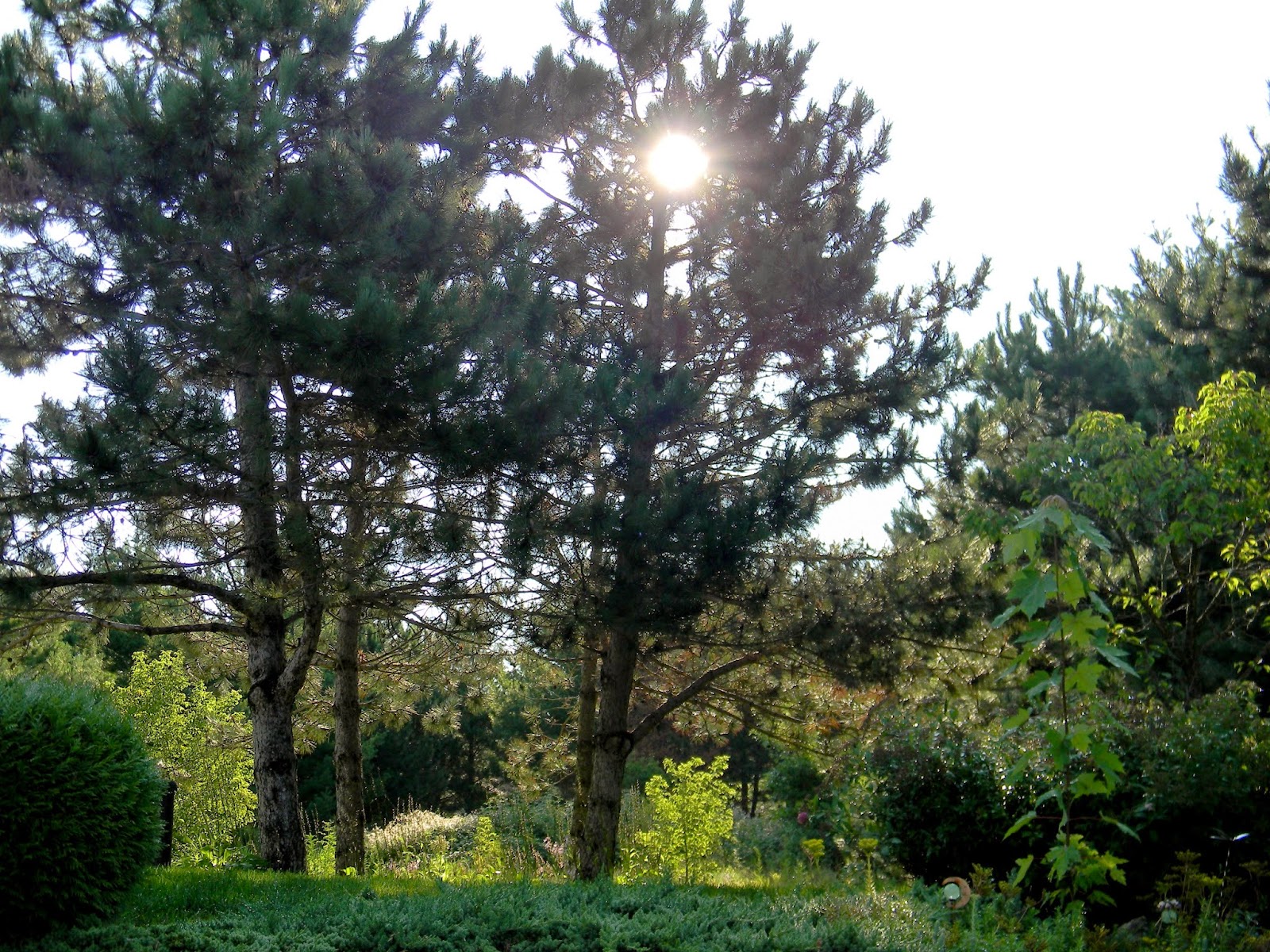
|
| Thankful for another sunrise. |
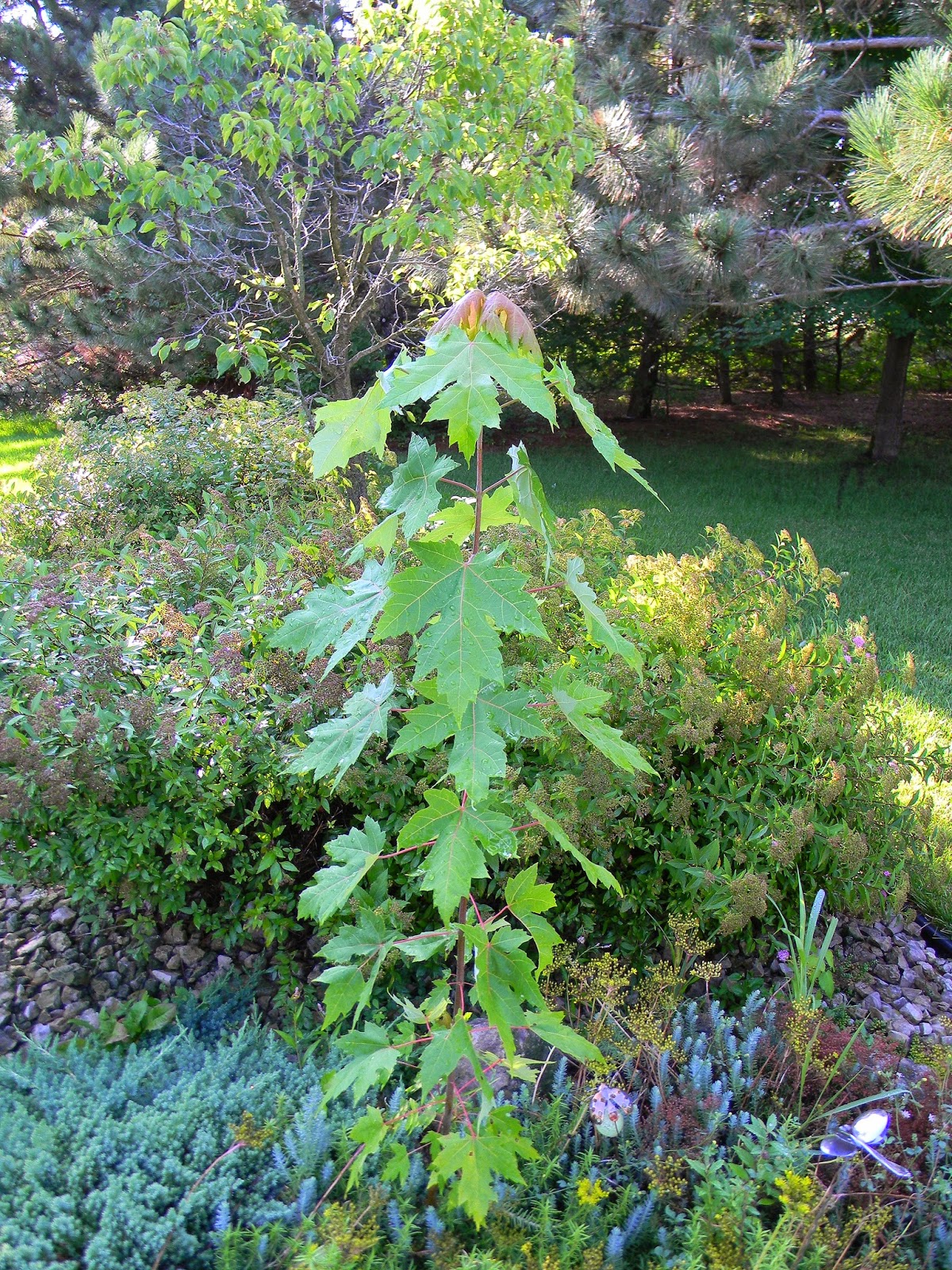
|
| Laughing at the volunteer maple tree in my flower garden. |
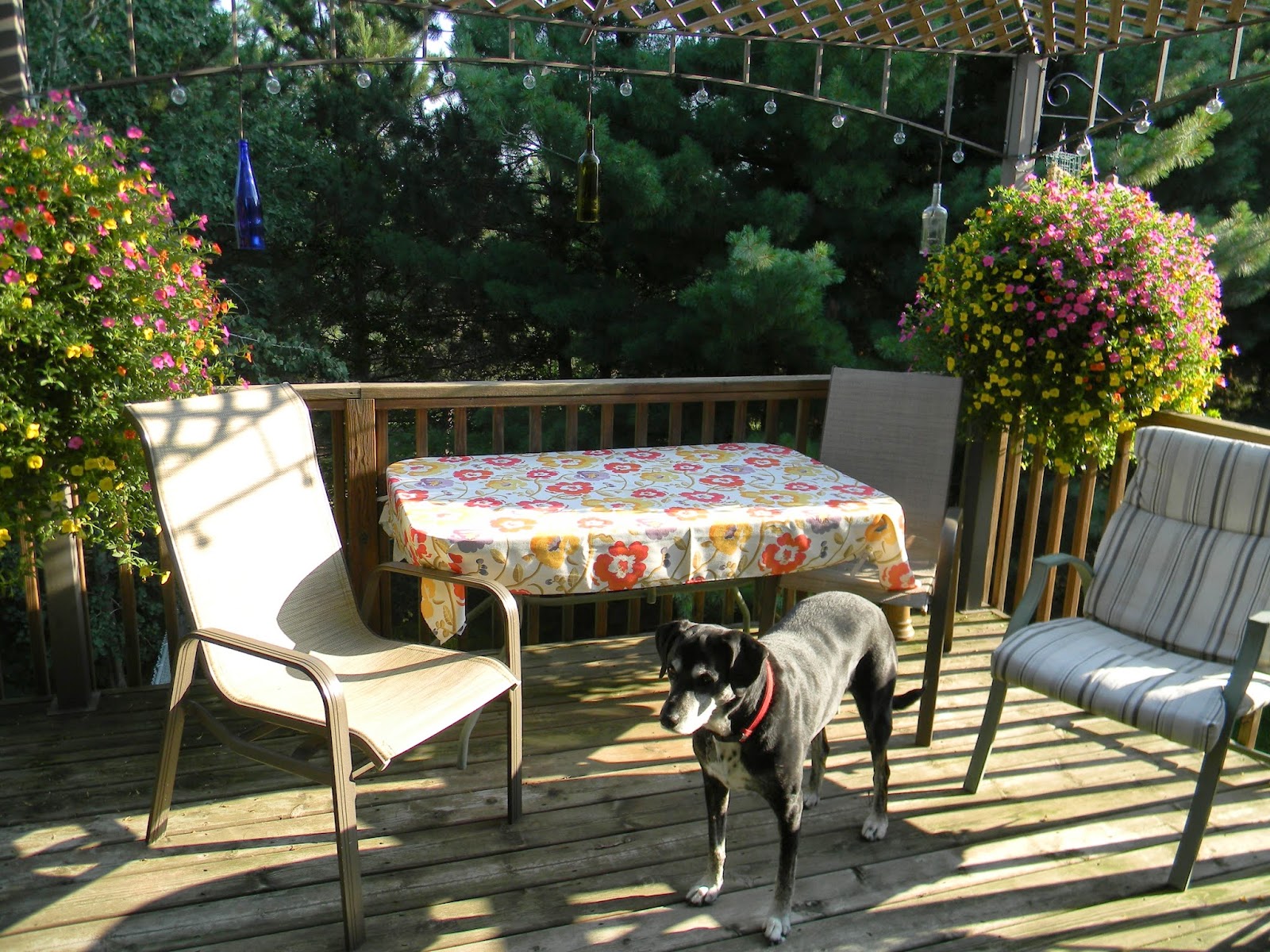
|
| Enjoying the unconditional love of my four legged friend. |
Peace,
